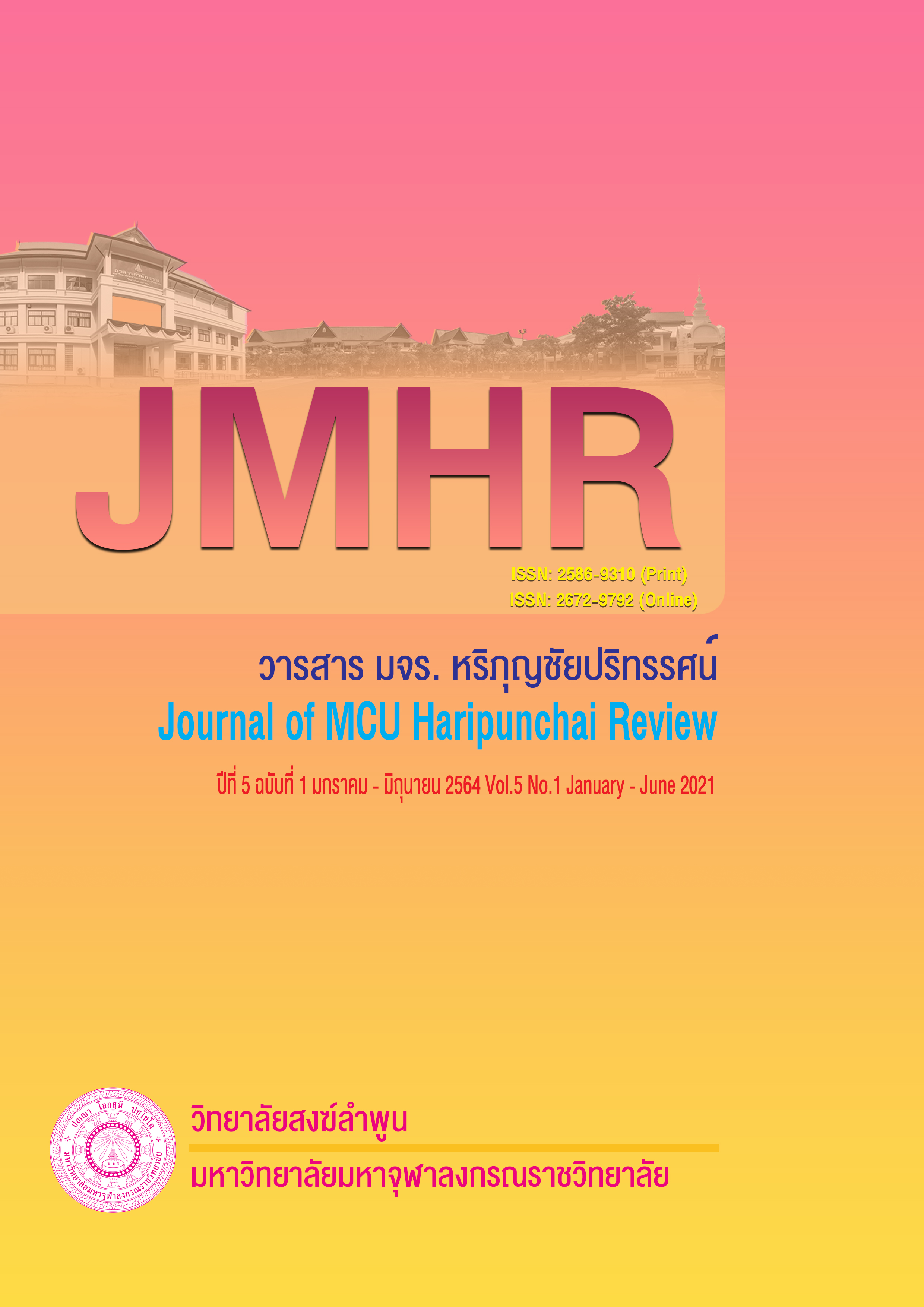Creation and development of a modern government organization culture
Main Article Content
Abstract
The corporate culture of the state is slow to dynamic because of a lack of focus and sincerity. Moreover, large government organizations have made the cultural development movement so fragmented that it has become habituation and slow down to the direction of changing the context of nine-to-five that cannot meet the needs of the people much. Moreover, the culture of power management is structured from top to bottom, mainly listening to the command of the commander. It includes the hierarchy system, patronage system, corruption in the government, providing legal assistance for offenders that have becoming the characteristics that the people perceive and has become a rotten culture in the bureaucratic system for a long time. The creation of a state corporate culture is the key to shaping behavior and attitudes of government officials, government agencies that can lead to quality performance under the concept of spirit of public service to the general public namely: 1. government organization which is ready to serve the people. 2. government organization that focuses on professional service. 3. government organization that emphasizes human value. 4. government organization under the competence of Thai government officials 5. government organization through a system of morality and ethics 6. government organization that has a common sense of belonging 7. government organization that aims to be responsible for the public. It may take time for government organizations to pursue goals and adjust their culture to modernization.
Article Details
References
ชุติมา เทศศิร. (2558). ความรับผิดชอบตอสังคมขององคกร. ศูนย์ส่งเสริมจริยธรรม สำนักงานคณะกรรมการข้าราชการพลเรือน.
ชาล เจริญพันธ์. Culture Strategy Workshop : วัฒนธรรมองค์กรนั้นสำคัญไฉน?. [ออนไลน์]. แหล่งข้อมูล : https://www.hubbathailand.com/hubba-blog/culture-strategy-workshop?gclid=CjwKCAjwe2EBhAhEiwAJI5jg68EPyZqsQPMTbHCZnNjcIhDArBLbAjfoNWvlrSzp8K7sozzFGwylBoC6OIQAvD_BwE [ 13 พฤษภาคม 2564].
ภัทรดนัย ฉลองบุญ. (2560). ความสุขในการปฏิบัติงานของบุคลากรภาครัฐ. วารสารสันติศึกษาปริทรรศน์ มจร. (ฉบับพิเศษ เล่มที่ 5) (พฤษภาคม) : 590.
ราชกิจานุเบกษา. (2562). พระราชบัญญัติมาตรฐานทางจริยธรรมพ.ศ. 2562. เล่ม 136 ตอนที่ 50. 16 เมษายน 2562.
ไว ชีรัมย์ และคณะ. (2563). วัฒนธรรมองค์กรที่เสริมสร้างการจัดการที่ดีของระบบบริหารราชการไทย. วารสารวิชาการ มจร บุรีรัมย์. ปีที่ 5. ฉบับที่ 2. (กรกฎาคม–ธันวาคม) : 185.
ยุทธชัย เทียรทอง. (2561). วัฒนธรรมองค์กร. วิทยาลัยป้องกันราชอาณาจักร (วปอ.).
สมจิตร จันทร์เพ็ญ. (2557). ความผูกพันต่อองค์การของเจ้าหน้าที่สถาบันพัฒนาองคกรชุมชน (องค์การมหาชน). ศิลปศาสตรมหาบัณฑิต (การบริหารพัฒนาสังคม). คณะพัฒนาสังคมและสิ่งแวดล้อมสถาบันบัณฑิตพัฒนบริหารศาสตร์.
สมาพร ภูวิจิตร และคณะ. (2557). รูปแบบวัฒนธรรมองค์กรที่มีประสิทธิภาพ. วารสารวิทยาลัยนครราชสีมา. ปีที่ 9. ฉบับที่ 1. (มกราคม-มิถุนายน) : 73.
สุรยุทธ บุญมาทัต. (2562). วัฒนธรรมองค์การที่เหมาะสมกับยุคไทยแลนด์ 4.0 :ส่วนประกอบวัฒนธรรมที่เอื้อต่อการปรับปรุงสมรรถนะขององค์การ. วารสารเศรษฐศาสตร์และกลยุทธ์การจัดการ. ปีที่ 6. ฉบับที่ 2. (กรกฎาคม – ธันวาคม) : 159-160.
สำนักส่งเสริมวิชาการและงานทะเบียน (2555). คู่มือหลักการการให้บรการที่ดีภายใต้ กระบวนการจัดการความรู้. มหาวิทยาลัยเทคโนโลยีราชมงคลกรุงเทพ.
สำนักงานคณะกรรมการข้าราชการพลเรือน. (2552). คู่มือสมรรถนะหลัก : คำอธิบายและตัวอย่างพฤติกรรมบ่งชี้. นนทบุรี : บริษัท พี.เอ.ลิฟวิ่ง จำกัด.
อณิษฐา หาญภักดีนิยมและจิตสุภา แกมทับทิม. (2561). วัฒนธรรมองค์กรของระบบราชการไทย.วารสารวิทยาลัยสงฆ์นครลำปาง. ปีที่ 7. ฉบับที่ 1. (มกราคม 2561 – มิถุนายน) : 350.
อภิวัฒน์ มุทิรางกูร. (มปป). การเห็นคุณค่าที่แท้จริงของงาน (ด้วยปรัชญาเศรษฐกิจพอเพียง) คือก้าวแรกที่คนไทยจะสร้างแผ่นดินของเราให้เป็นแผ่นดินทอง. คณะแพทยศาสตร์ จุฬาลงกรณ์มหาวิทยาลัย.
Woranat Sangmanee. (2011). Organization and Organizing (3 nd ed). Bangkok: Rabeangthong Printing.


